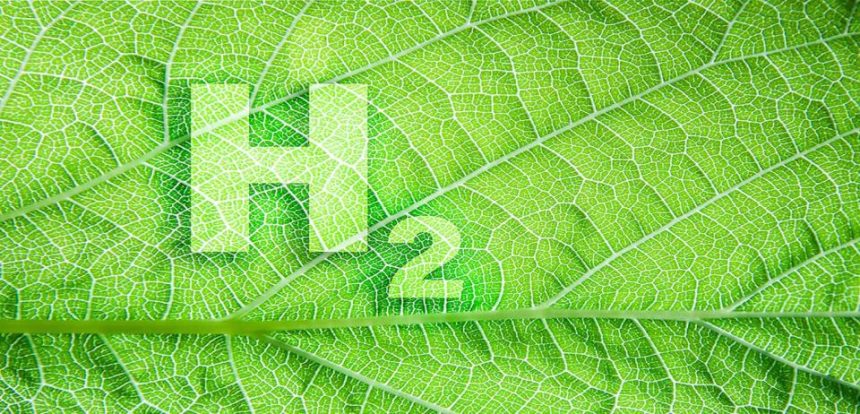By Onche Odeh
The stage may have been set for Nigeria to maximize the potentials of Green Hydrogen, beginning with its production to meet some of the associated needs across the country.
Green hydrogen, the product that results from splitting water molecules using electricity generated from renewable sources, is seen to hold the potential to significantly reduce greenhouse gas emissions.
With a hydrogen demand reportedly projected to reach 500–680 million metric tons (MT) by 2050, and market for hydrogen production expected to expand to 9.2% annually until 2030, Nigeria is looking at making the best of the global advantage.
This would be at the heart of the conversation among stakeholders on Tuesday, as the consortia implementing the NIGERIA4H2 PROJECT engaged to carry out a critical analysis of the potentials, infrastructure and other enabling framework conditions for Green hydrogen to fertilizer production in Nigeria”, with funding from the German Government through the Federal Ministry of Education and Research (BMBF), host the kick-off meeting and stakeholders’ interaction in Abuja, Nigeria’s Capital.
The meeting, convened by Cognity Advisory, an Africa focused development consulting firm, would involve critical stakeholders including policymakers, media, private sector players, researchers and representatives of institutions, non-governmental and development agencies in the Energy-Water-Environment Nexus.
The stakeholders, according to the organisers are expected to contribute to a coordinated utilization and deployment of Green Hydrogen in Nigeria.
Part of the objectives of the Tuesday, January 30th meeting holding at the Wazobia Hall, Abuja Continental Hotel include sensitization of the stakeholders on the NIGERIA4H2 project objectives; mapping and profiling of the critical stakeholders for the successful exploitation and adoption of the green hydrogen potential in Nigeria as well as identify strategies for enhancing the adoption and exploitation of the green hydrogen capacity in the country.
The stakeholders would also begin the process of jointly identifying and situating the expected players in the upstream, midstream, and downstream sectors of the emergent hydrogen industry in Nigeria, as well as the critical technical, environmental and policy framework for the exploitation of the Green Hydrogen potential of Nigeria.





